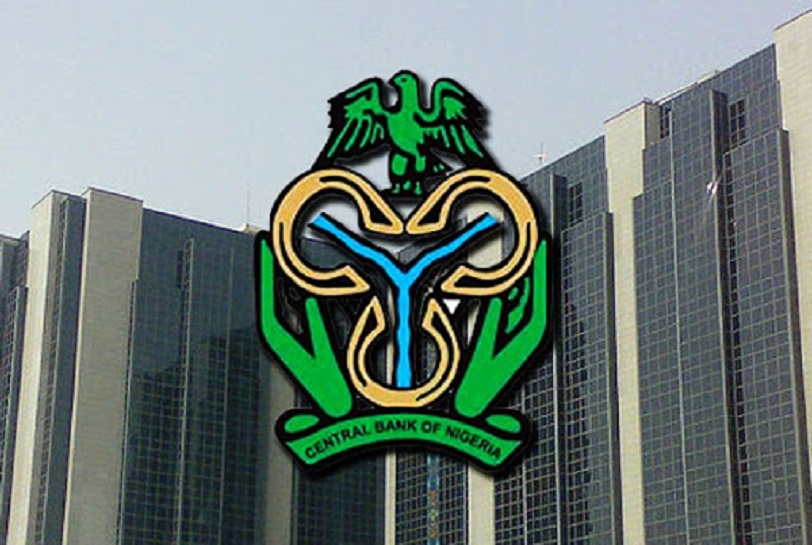Place your adverts here on InfoDig @ low rates; banner ads, sponsored links and guest articles etc. Contact us
The Central Bank of Nigeria (CBN) has issued clarifications regarding the “Monetary, Credit, Foreign Trade, and Exchange Policy Guidelines for Fiscal Years 2024–2025,” which was published on September 17, 2024. In a new statement released on Friday, the CBN announced it had revoked the document to avoid further misrepresentation and confusion among stakeholders.
The CBN stated that the publication was a compilation of previously issued policies and guidelines up to December 31 of the relevant year, meant to serve as a single reference source for stakeholders. It emphasized that the document was not introducing new policies but merely consolidating existing ones.
“The CBN has temporarily withdrawn the document to minimize the risk of further misinterpretation,” the statement read. It also reiterated that while the document contains policies valid for 2024–2025, some guidelines may no longer apply due to subsequent revisions.
One example provided was the Cyber Security Levy, which was suspended in May 2024, despite being referenced in the guidelines. The bank also addressed the widespread misinterpretation of technical aspects, such as mistakenly linking fuel subsidy removal to external reserves.
The CBN clarified that the document was intended to provide clarity, serve as a reference for resolving conflicts, and outline valid policies up to December 2023. It urged stakeholders to understand that the guidelines were not new directives and should not be reported as such. Additionally, the CBN encouraged stakeholders to seek clarification before making public statements about the bank’s policies.
This clarification follows media reports that misrepresented parts of the guidelines, particularly around the bank’s Ways and Means Advances to the Federal Government, which were inaccurately cited as being capped at 5 per cent, whereas the National Assembly had amended the borrowing limit to 10 per cent.

 3 hours ago
31
3 hours ago
31














 English (US) ·
English (US) ·